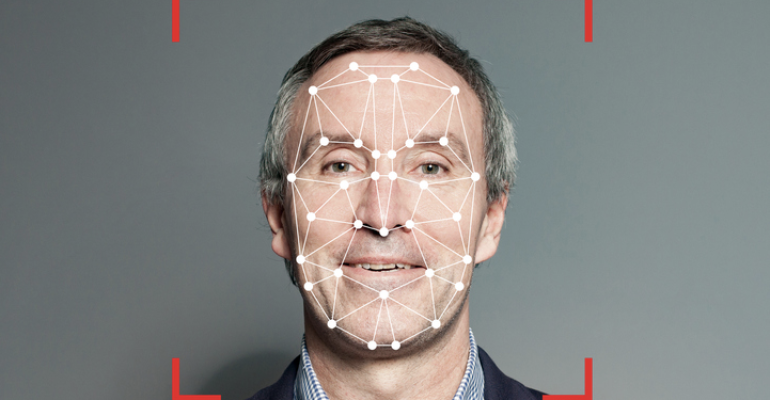ConferenceDirect, one of North America’s largest event-sourcing and planning companies, recently announced a partnership with Zenus, the maker of an A.I.-aided facial-analysis tool for events.
Through the partnership, ConferenceDirect will integrate Zenus' facial analytics into its suite of event planning services. Zenus' technology offers real-time insight into attendee engagement, capturing behavioral metrics such as audience energy scores, impressions, and dwell rates. From those analytics, event hosts can refine event strategies, tailor session content, and alter room layouts for stronger impact during a meeting or for future meetings.
Some people are wary of the privacy implications involved with facial analysis, though it is not the same technology as facial recognition used, for instance, at some airports. Panos Moutafis, founder and CEO of Zenus, notes that facial analysis uses sensors and cameras set throughout the event space to “detect the presence of a face [but] without computing any biometric identifiers.” Instead, it only collects data points related to “metrics such as dwell time and facial expressions to discern [the person’s] sentiment. It may also predict demographics such as age range and biological sex.”
The data collected during facial analysis is limited such that the total amount transmitted from a business event to Zenus’ cloud is about two megabytes per hour, “which is several times smaller than a single photo taken with a smartphone,” Moutafis adds.
One other point of discussion with facial analysis comes from meeting professionals who are skeptical of its accuracy. For example, Adrian Segar, a veteran conference designer and facilitator, has noted in blog posts and LinkedIn posts that attendees who are stressed, who don’t feel well, or who hear an anecdote or topic that makes them uncomfortable could have their engagement levels misinterpreted. This speaks to “the complex nature of emotions and the limitations of A.I. in accurately interpreting them,” said Anca Platon Trifan, CMP, a speaker on A.I. in the events industry, on a LinkedIn discussion.
However, Moutafis notes that Zenus isn’t intended to judge emotions of a single individual. “Instead, analyzing the audience energy across an entire group is what [the product does].”
One events-industry group that has enlisted Zenus to measure attendee engagement at its own shows is the International Association for Exhibitions and Events. For more on how IAEE is using the technology on site, check out this MeetingsNet article.





